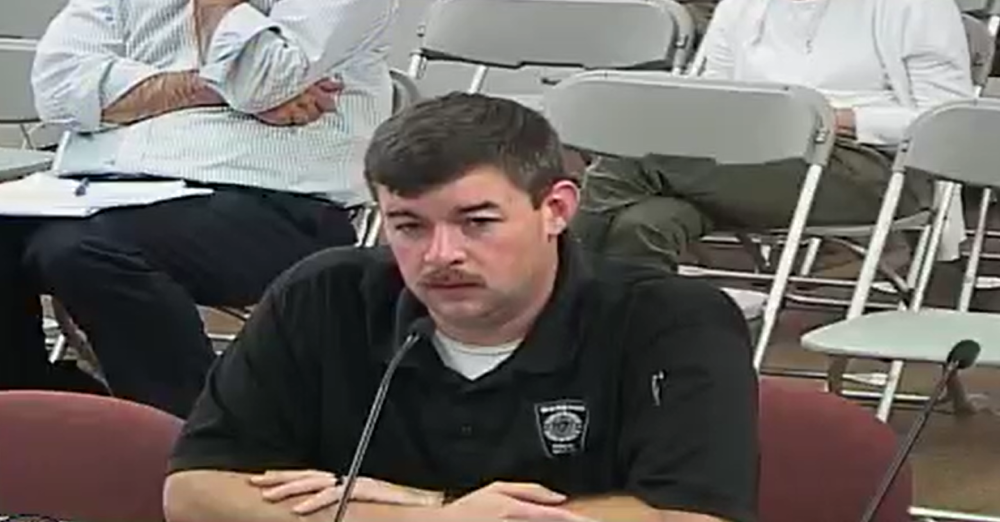Regulation leaves town with septic decisions
Voters may soon be asked to decide between adding a few neighborhoods to the sewer system or upgrading their septic systems, said Director of Public Health Patrick MacDonald.
In an effort to reduce nitrogen levels, the Massachusetts Department of Environmental Protection declared that municipalities with dense populations and high nitrogen levels will have to make this decision, MacDonald said.
He said according to the regulation, the town will have to obtain a “watershed permit” and switch to a comprehensive sewer system or upgrade all septic systems to nitrogen removing systems.
Watershed permitting is a 20-year process where communities address their nitrogen pollution with methods tailored to their situation, including “centralized wastewater treatment … aquaculture, innovative and alternative septic systems, permeable reactive barrier walls and fertilizer reduction,” according to MassDEP.
The options are to “sewer our entire town and take on all that discharge or apply for groundwater discharge permits and take on the liability and compliance for every private septic system that's within our permitted area of town,” MacDonald said.
The state is rolling out this new Title 5 regulation change in phases, beginning with Cape Cod. Wareham is a part of Phase II, MacDonald said.
The state previously planned to enact this regulation on both Cape Cod and South Coast municipalities at once, but scaled its plan back to just Cape Cod in June.
He said his knowledge of the regulation is limited at this time, but when more information is available and a date for Phase II is announced, the Health Department will bring this decision to a Town Meeting.
MacDonald said preliminary maps indicate one of the affected zones starts at Cranberry Highway and runs up alongside the ponds that interconnect next to Glen Charlie Road. Smaller neighborhoods that line the Wareham shore, including Lakeview Drive and the whole Shangri La area, would be affected by the regulation change.
MacDonald recommends residents vote in favor of a switch to sewer.
If residents are forced to upgrade their septic systems, they would only have a few years to do so, and could cost them between $30,000 and $50,000.
Additionally, there may be required maintenance checks.
If the town votes for sewer, the town would need to connect those houses to the already existing system or use a “package treatment plant” designed for more localized areas, MacDonald said.
“As far as liability and cost savings, the sewer is a no-brainer,” he said. “The townspeople are probably going to save quite a bit of money.”
He added he is unsure of what hookup fees could be involved, but he believes those expenses would be significantly cheaper than “installing a brand new state of the art nitrogen-reducing septic system privately.”
While these decisions are not immediate, MacDonald said other zoning regulations already require some septic users to make these upgrades.
Even if residents in the designated areas do have the upgraded septic systems, they would still have to forgo their systems for sewer if the town votes that way.
“Unfortunately, they would [have to change their septic system] because of the way the current Title 5 regulations are written,” MacDonald said. “They require that, if sewers are provided, that you must hookup to it because of it being the most sanitary and most environmentally friendly [option].”












